According to Dr. Alexei Orlov, a Russian space historian, "Laika's mission was a crucial step in the development of space exploration. Her sacrifice paved the way for human astronauts and helped scientists understand the effects of space travel on living organisms." Dr. Orlov emphasized that Laika's mission was not intended to be a test of her survival but rather a test of the spacecraft's systems and the feasibility of space travel.
Laika's story has sparked debate about the ethics of using animals in space research. Dr. Orlov acknowledged that the use of animals in space research was a necessary step in the development of space exploration, but he also emphasized the importance of treating animals with respect and dignity. "We must remember that Laika was a living being, and her sacrifice should not be taken lightly," Dr. Orlov said.
The Sputnik 2 spacecraft was designed to test the safety and feasibility of space travel for living organisms. The spacecraft carried a range of instruments, including a thermometer, a barometer, and a Geiger counter, to measure the effects of space travel on Laika and the spacecraft's systems. The mission was a success, providing valuable data on the effects of space travel on living organisms and paving the way for human astronauts.
Laika's legacy continues to be felt today. In 2008, the Russian space agency, Roscosmos, officially recognized Laika as a hero of the Soviet Union. Her story has also inspired a new generation of scientists and engineers, who are working to develop new technologies and methods for space exploration.
In recent years, there has been a growing trend towards using alternative methods for testing the safety and feasibility of space travel, such as using computer simulations and robotic testing. According to Dr. Orlov, "These new methods are a welcome development, as they allow us to test the safety and feasibility of space travel without putting living organisms at risk." However, he also emphasized that there is still a need for animal testing in certain situations, such as testing the safety of new medical treatments for astronauts.
As the world continues to explore the possibilities of space travel, the legacy of Laika serves as a reminder of the importance of treating animals with respect and dignity. Her story is a powerful reminder of the sacrifices that have been made in the pursuit of scientific progress and the importance of considering the ethics of scientific research.
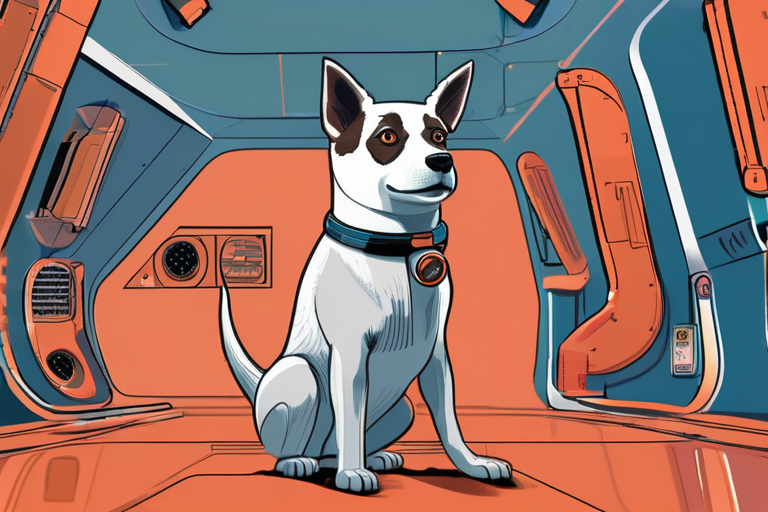


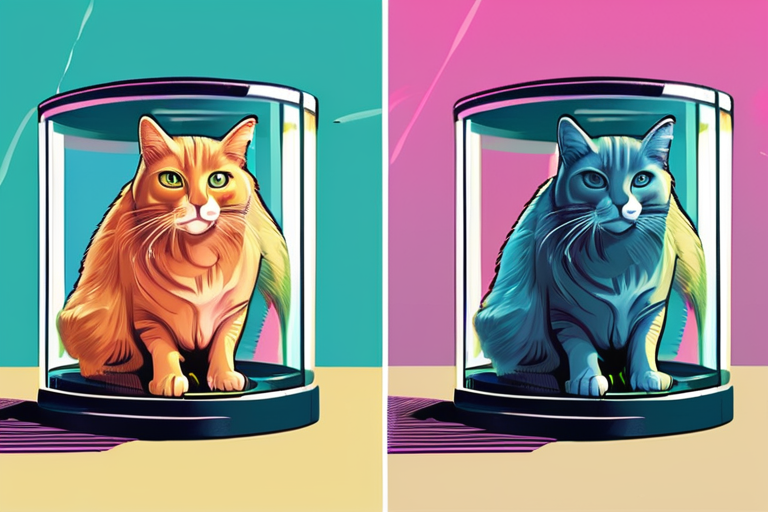
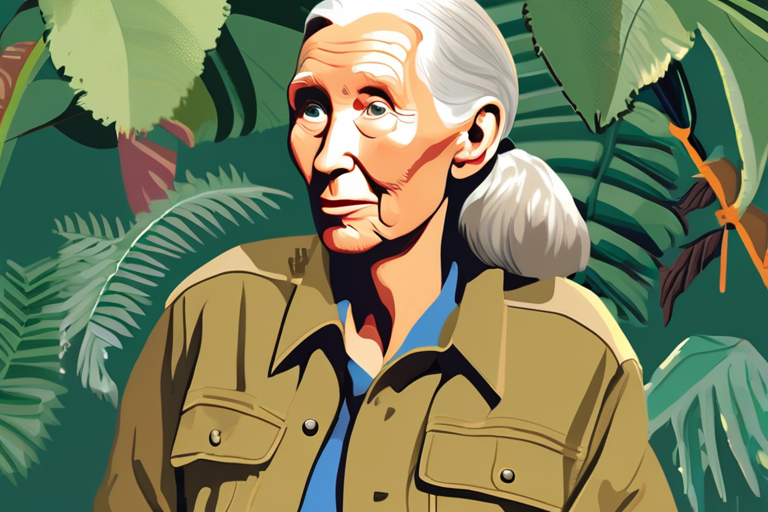
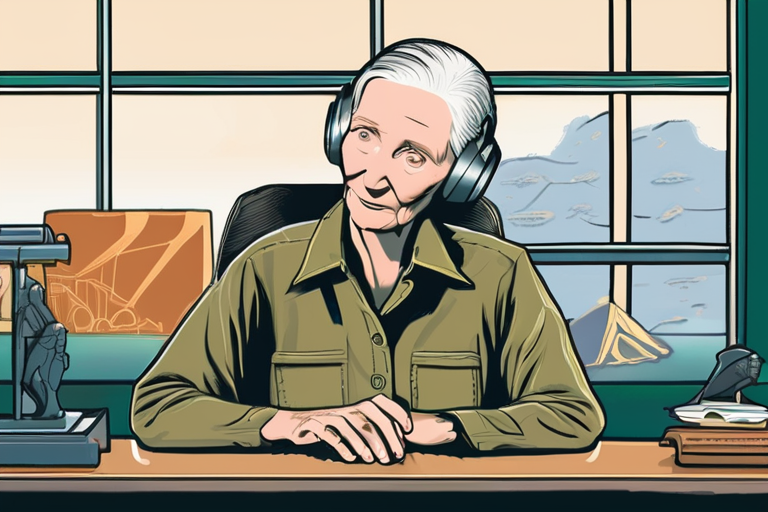
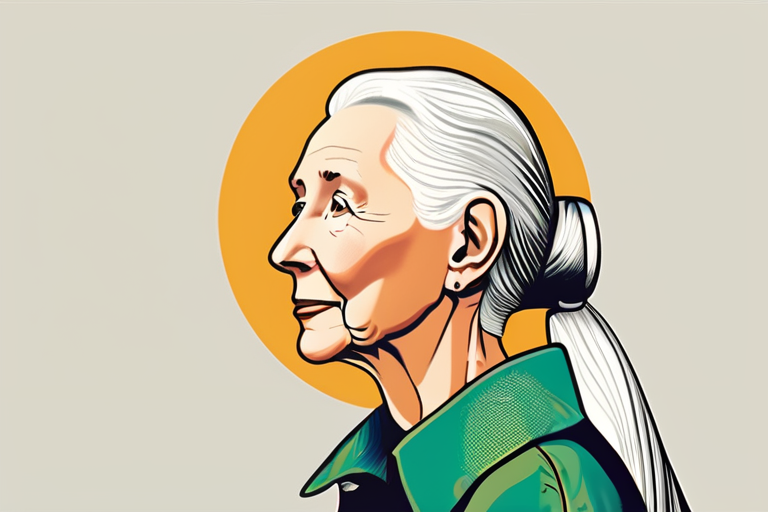
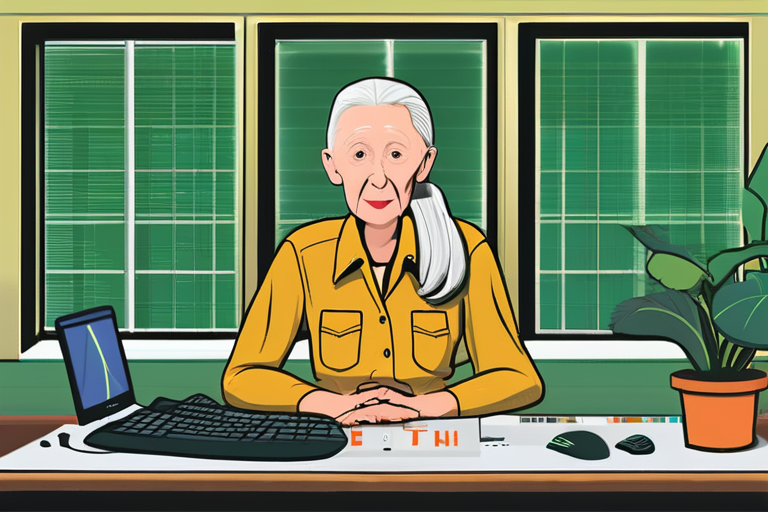

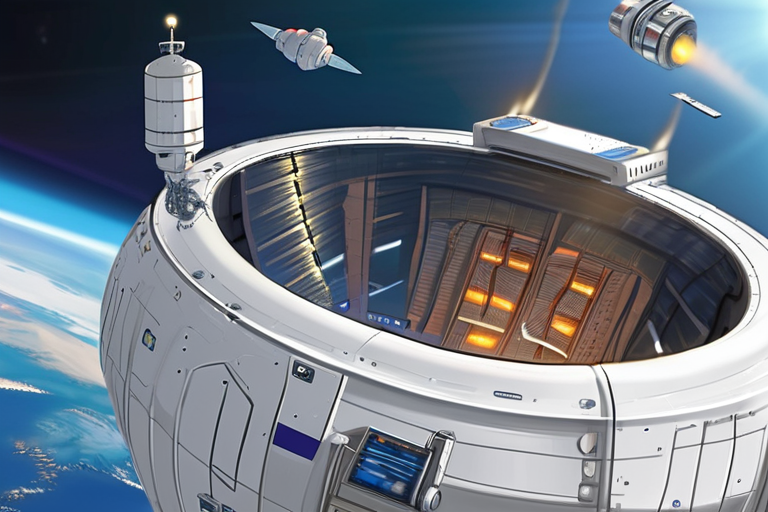


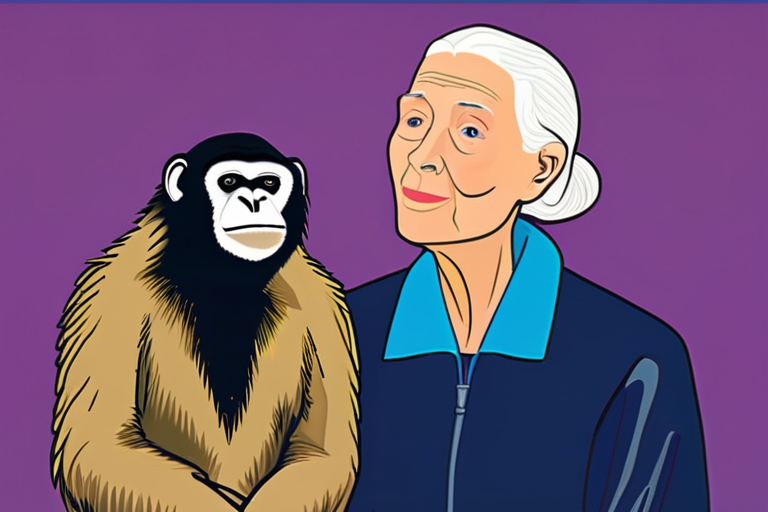
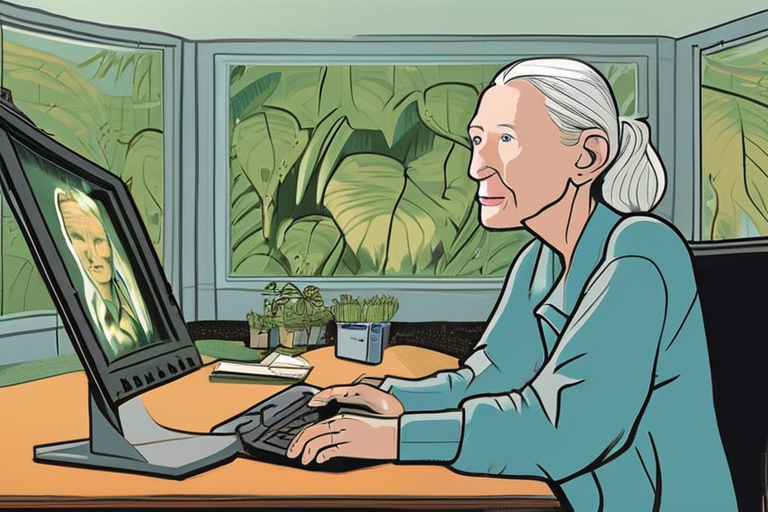
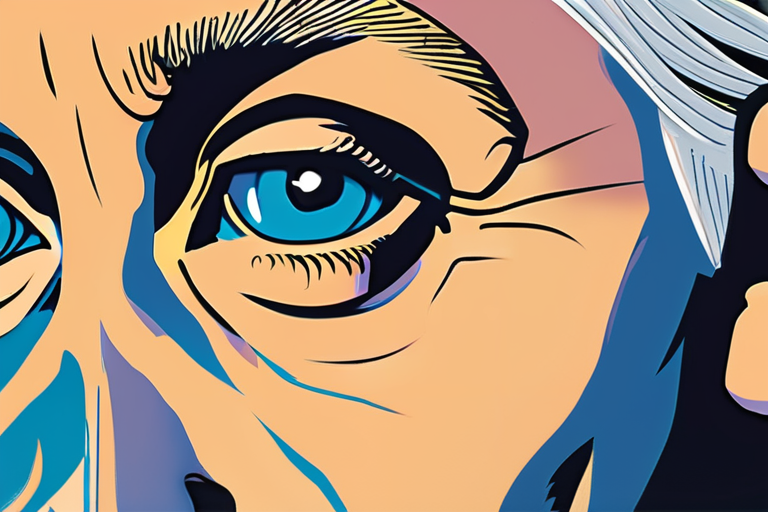

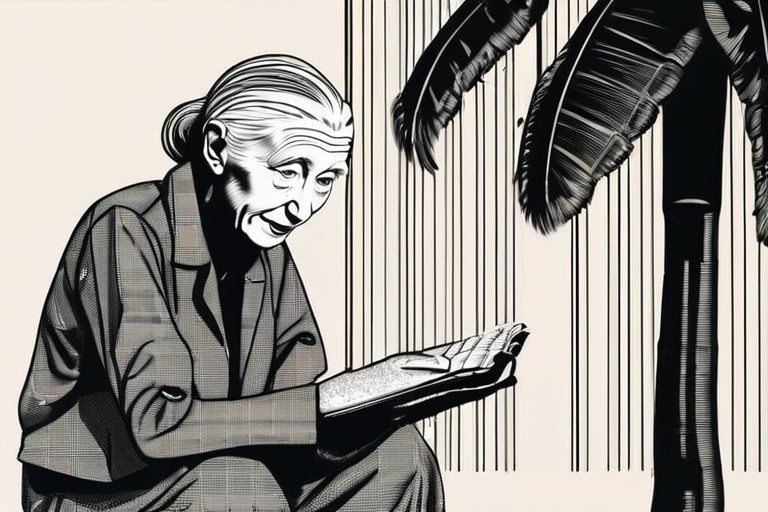

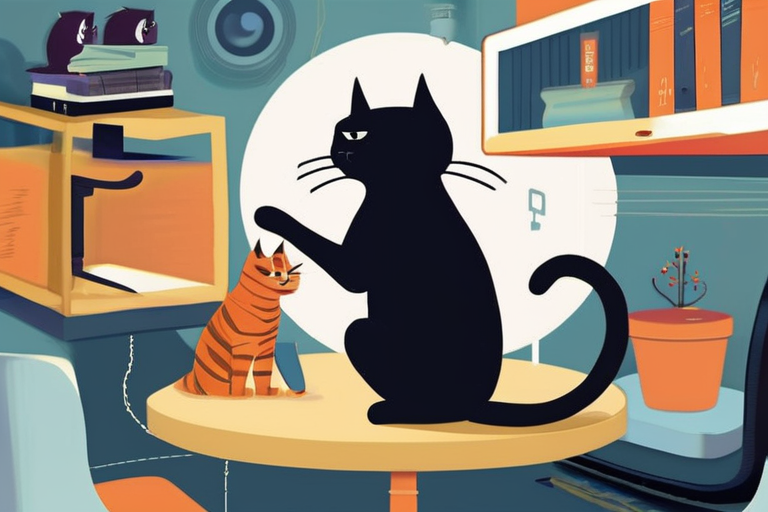
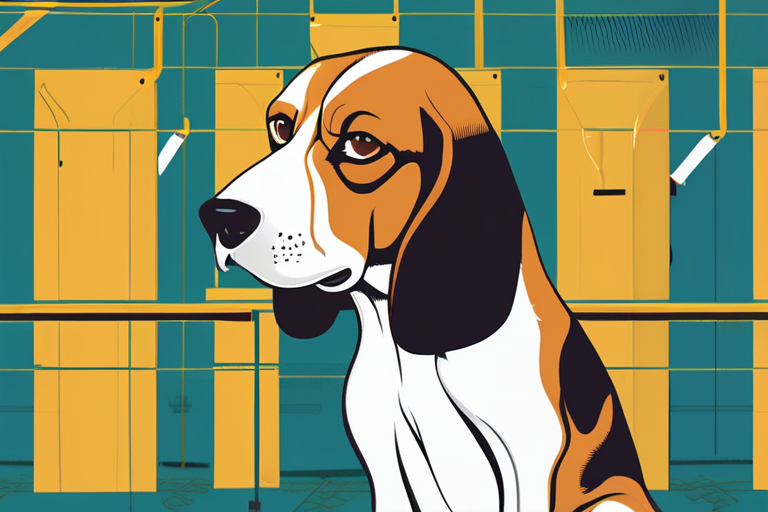
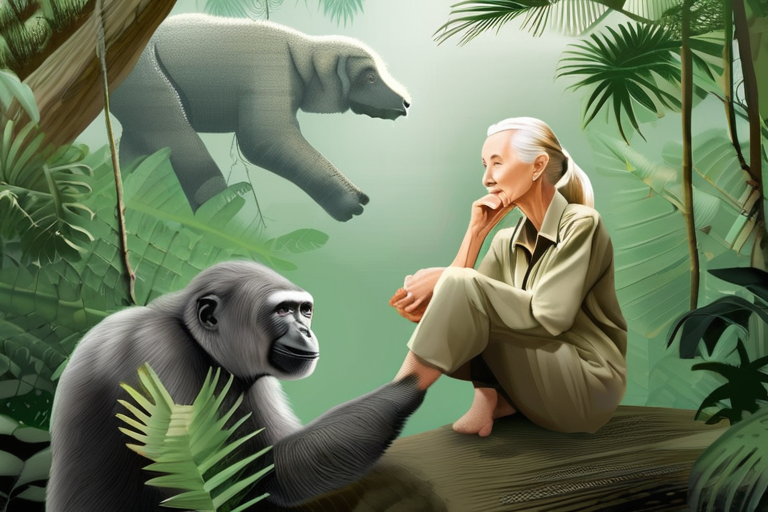
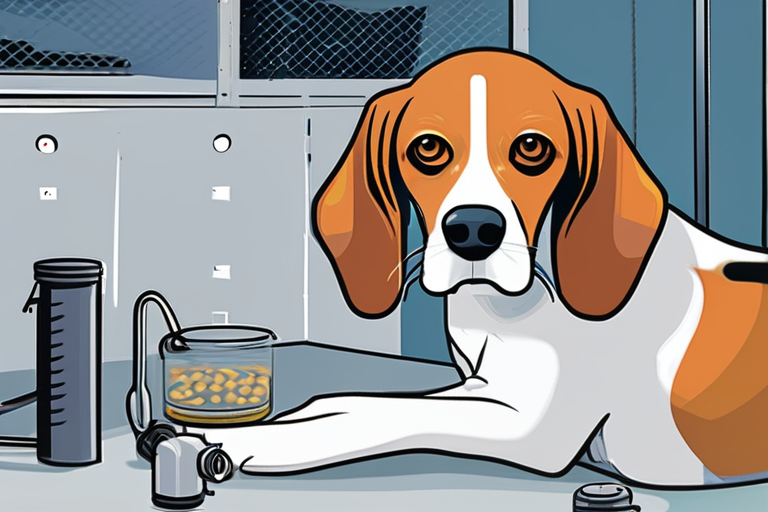
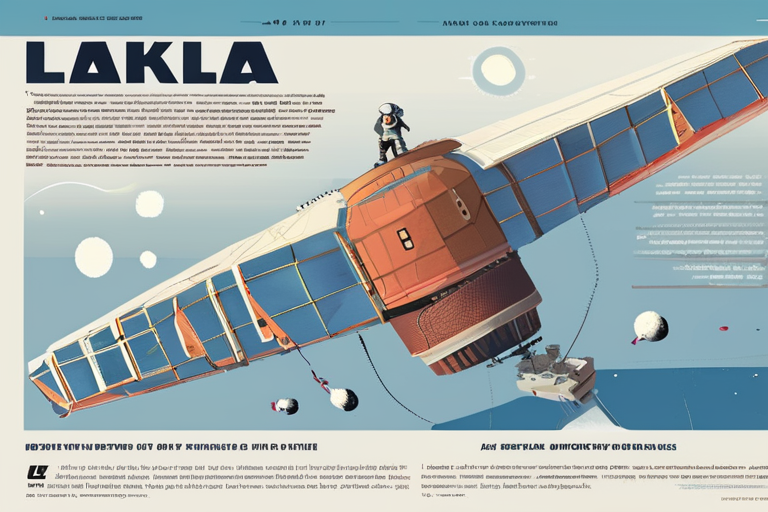
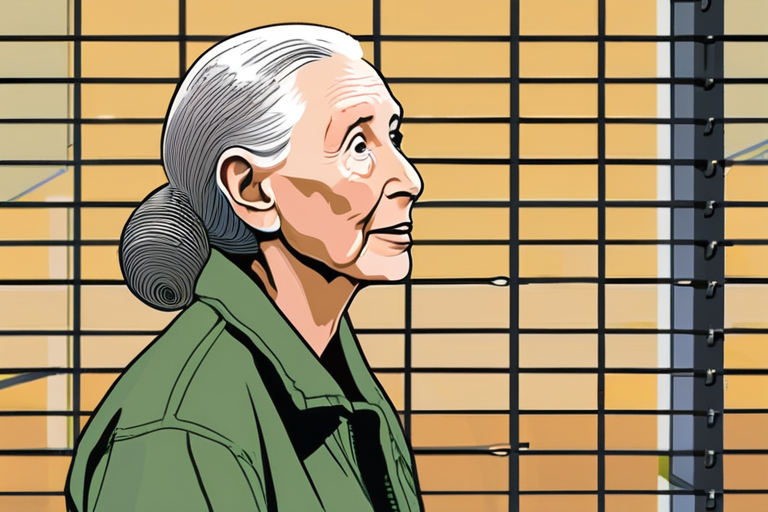
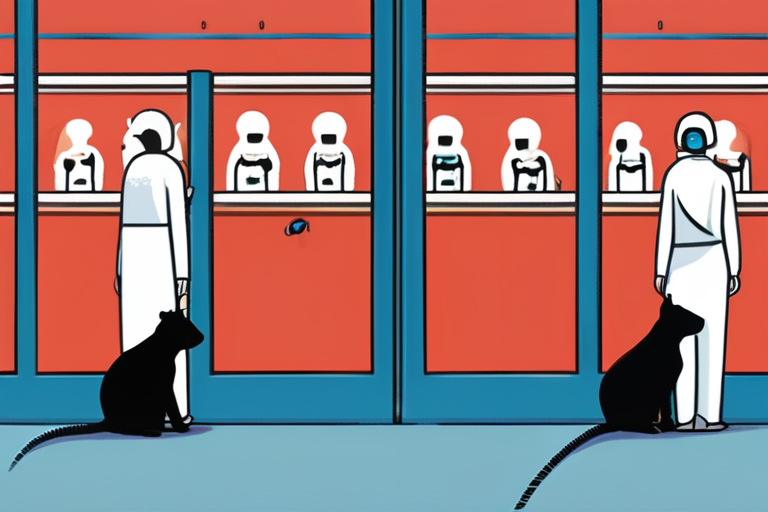


Share & Engage Share
Share this article